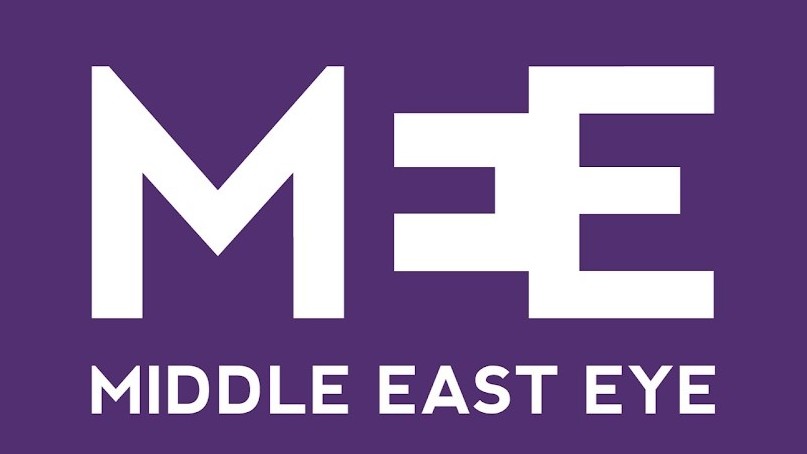Jordanian authorities have blocked access to Middle East Eye’s website, days after it published an investigation alleging that the Hashemite Kingdom had charged exorbitant fees while overseeing the delivery of international aid into Gaza.
In the article, sources from several international aid organisations told MEE that NGOs were having to pay $2,200 for every aid truck entering Gaza and that Jordanian authorities were charging between $200,000 and $400,000 per airdrop over Gaza.
According to the sources, around $200,000 was charged for each random drop, and $400,000 for targeted missions, despite each aircraft carrying the equivalent of less than half a truckload of aid.
A day after the report was published, the Jordan Hashemite Charity Organization (JHCO), the official body that acts as the sole conduit for aid passing through the country, said it strongly rejected MEE’s reporting.
The JHCO media office said the costs of the airdrops were, in fact, slightly higher than those stated in MEE’s report, with untargeted airdrops costing $210,000 each and GPS-guided airdrops reaching “up to $450,000”.
New MEE newsletter: Jerusalem Dispatch
Sign up to get the latest insights and analysis on
Israel-Palestine, alongside Turkey Unpacked and other MEE newsletters
By Monday, most readers in Jordan could not access MEE’s website and several internet censorship websites reported a drastic drop in online traffic.
Late on Wednesday, Jordan’s Al-Dustour newspaper reported that the country’s Media Commission had taken the decision to block several websites, including MEE, on charges of “spreading media poison and attacking Jordan and its national symbols”.
A total of 12 websites were blocked, including Arabi Post, Raseef22 and the Cairo-based Rassd.
MEE was not notified of the reason for the block and Jordan’s Media Commission did not respond to calls or emails.
David Hearst, the co-founder and editor-in-chief of MEE, defended the article, calling it an “impeccably sourced and researched story which is of interest for any donor who contributes to the aid going to Gaza, and is thus of intense public significance.

Exclusive: Jordan profited up to $400,000 per Gaza aid airdrop, sources say
Read More »
“The government of Jordan is doing itself no favours by blocking MEE’s website and 11 other entities,” he said.
“Because the Jordanians will still get our content through social media and we’ll keep on asking the right questions of their government.”
Since the 7 October attacks on southern Israel, Jordan has launched a sweeping crackdown on pro-Palestinian activism that has resulted in hundreds of people being arbitrarily detained.
According to Amnesty International, Jordanian authorities have arrested at least 1,500 people, with footage from several protest sites against the war on Gaza showing police violently dispersing demonstrators with batons and tear gas.
Additionally, dozens of people have reportedly been charged for posting pro-Palestinian statements on social media, under Jordan’s controversial cybercrime law, which criminalises any speech that may offend law-enforcement officials.
Last year, Jordanian authorities sentenced journalist Hiba Abu Taha to one year in prison after she violated the country’s cybercrime law.
One of the charges related to an article she wrote in which she criticised Jordan’s interception of Iranian drones and rockets that were fired at Israel in April 2024.
Another charge stemmed from an investigative report that alleged that Jordanian companies were transporting goods to Israel through Jordanian territory during Israel’s war on Gaza.
Launched in 2014, MEE has repeatedly been targeted by a number of governments, with its website restricted in countries including Egypt, Saudi Arabia, the United Arab Emirates and China.

